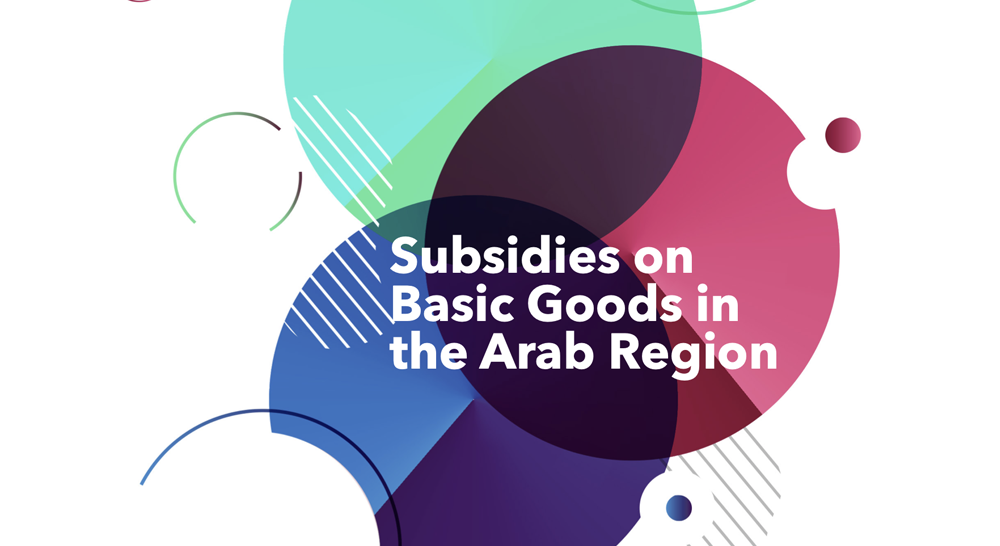

Subsidies on Basic Goods in the Arab Region - Dr. Naser Abdelkarim - Click here to download the full research
1. Introduction
1.1 Report Objectives
The report aims to explore current subsidies offered by Arab States to their citizens and basic goods subsidized. The report also attempts to identify recent shifts in subsidies and, more specifically, to answer the following questions:
- Which subsidy reforms were recently adopted by Arab governments?
- What are the factors influencing the adoption of said reforms, and to which extent are they aligned with the particularities of Arab societies?
- What role do the International Monetary Fund (IMF) and IMF strategy play in the adoption of subsidy reduction reforms, and what are the relevant rationale and arguments?
- Is subsidy reduction economically and socially viable?
1.2 Methodology
This report follows a descriptive methodology in which the author reviews previous documents and reports on the topic and presents secondary data published by competent bodies and institutions in charge of observing relevant financial and economic data. Finally, a series of focused and targeted questions were designed for a number of institutions in target countries in order to achieve a better and more precise understanding of the subsidy issue in the Arab region.
1.3 Report Themes
The framework of this report sheds light on five key themes:
(A) Theme I includes a review of previous studies and reports on the topic, drawing findings on the experiences of targeted countries in this regard. This theme also highlights success areas and factors influencing success and failure, and presents the arguments and rationale of those supporting and opposing government subsidies.
(B) Theme II aims to offer a view on government subsidies on basic goods in target countries, including the type of subsidies offered, target sectors, and beneficiaries, and identifies key shifts in subsidies.
(C) Theme III offers a review of the IMF’s views on the reduction of government subsidies, underlining key motives and justifications behind the IMF’s recommendation to reduce subsidies. This section also explores the perks and drawbacks of acting on this recommendation, leveraging examples of countries that succeeded and benefited from adopting this approach.
(D) Theme IV looks into the impact of subsidy reduction, specifically its impact on beneficiaries, as well as the economic, political and social outcomes and repercussions of subsidy reforms.
(E) Theme V offers recommendations to decision makers in target countries with the aim of improving general and social performance and subsidy management mechanisms. This includes suggestions to help avoid previous mistakes and proposed mechanisms to enhance subsidy efficiency in spite of reduction and limited benefits.
Click here to download the full research
Recent publications

